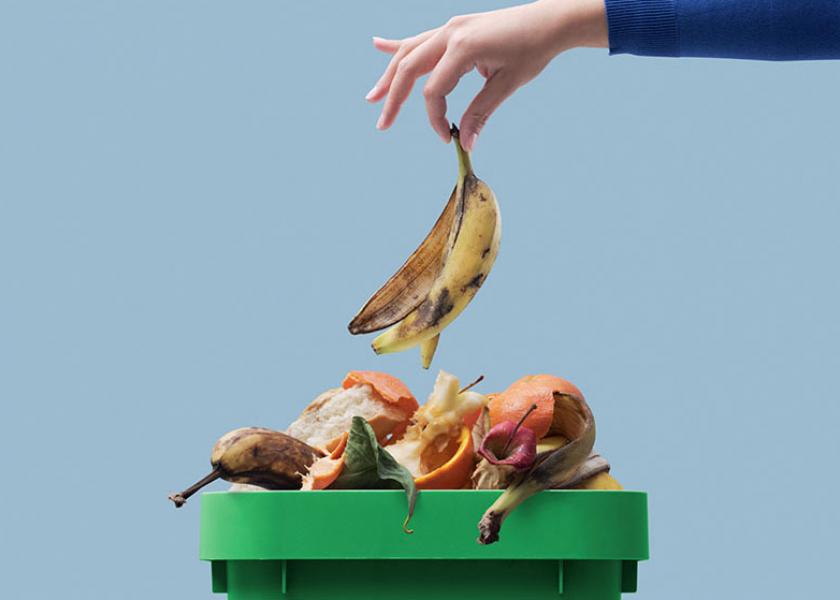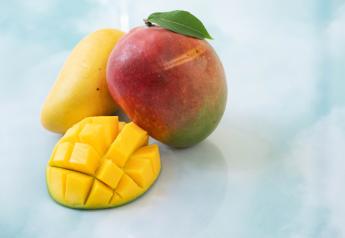Carbon credits from food waste serialized by CoreZero

Climate-tech company CoreZero, together with the Mexican Foodbanking Network (Red BAMX), has turned food waste prevention efforts into carbon credits.
CoreZero and Red BAMX and have quantified the prevention of 221,800 tons of carbon dioxide equivalent being released into the atmosphere and transformed this into 221.800 carbon credits, according to a news release.
The release said the 221.800 carbon credits from food rescue represent the start of an innovative approach to offsetting that turns waste into value. In the U.S. alone, the carbon dioxide emissions that food waste generates are equivalent to those of 42 coal-fired power plants, according to the release. What’s more, the waste sector is accountable for about 20% of human-driven methane emissions globally, and methane has 80 times the warming power of carbon dioxide over 20 years.
CoreZero is helping accelerate initiatives, such as BAMX, to create an actionable impact in both food waste reduction and creating usable products from food waste, the release said.
CoreZero’s methodology quantifies the effect that reducing and transforming waste has on tackling climate change. Through quantification and monetization, companies and NGOs can turn their positive impact into monetary value through carbon credits, according to the release. The credits are acquirable for companies that want to offset their carbon footprint.
“We are excited to assist in driving incremental value out of waste and monetizing efforts to scale up social and environmental impacts: saving more products and reducing the food gap for those in need while contributing to climate change mitigation,” Nicolás Dobler, CoreZero’s sustainability director, said in the release. “Our model can be replicated to scale the impact of zero-waste projects globally, enabling a new and disruptive vertical of offsetting that provides social, economic, and environmental benefits.”
CoreZero aims to transform the 1.3 billion tons of food that are wasted every year by quantifying and monetizing the positive environmental impact of food waste minimization and upcycling initiatives. CoreZero does this by integrating into a company’s operations, measuring its positive impacts, and then converting them into carbon reduction units that are tracked, the release said.
Through CoreZero’s software, industries can measure composting projects, food rescue, waste management, and upcycling, the release said.
The carbon reduction units are then verified and transformed into tradable carbon credits that are monetized in the Voluntary Carbon Market, the release said.







